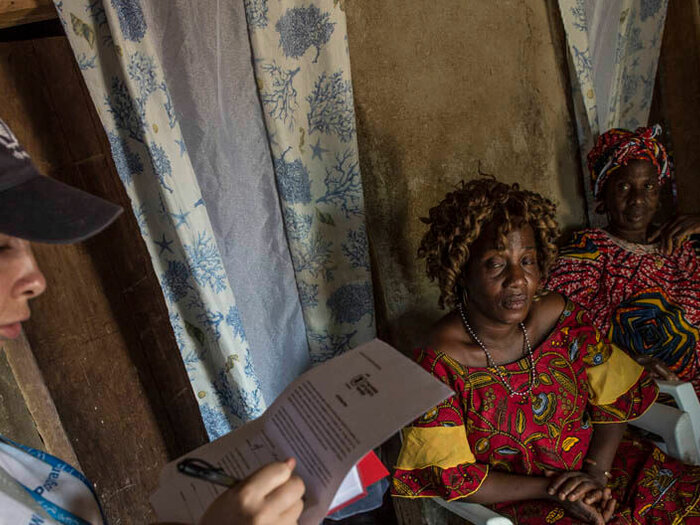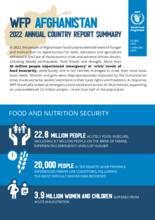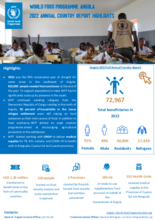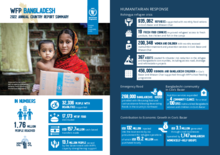Analyses and assessments
- 65 percent
- of WFP’s programme of work in recent years has been in settings where conflict and instability play a major role in food insecurity and undernutrition
- 60 percent
- of the world's hungry are women
- 70 percent
- of the world’s poorest people live in rural areas and depend on agriculture for their livelihood
Every year, the World Food Programme (WFP) supports tens of millions of people whose food security is threatened by natural disasters, conflict, climate events or other causes. Our effectiveness in responding depends on our ability to understand the local context, choose the best type of assistance and, to the extent possible, predict the occurrence or reoccurrence of crises. This, in turn, requires reliable intelligence on the driving factors behind every situation we face and the capacities that exist on the ground to address them.
Drawing on the expertise of analysts from different backgrounds – including climate and food security experts, economists, market and supply chain analysts – WFP processes primary information from the field and data gathered from other sources, to create a picture as complete as possible and inform its operations.
WFP’s analyses – which are also made available to partners and other external actors – span identifying vulnerable communities and assessing their levels of food insecurity; reviewing climate-related data to determine how seasonality can affect people’s access to and availability of food; understanding the role of climate change as a driver of food crises; studying markets; and weighing the strengths and weaknesses of local supply chains and retail sectors.




